It’s been a year since the World Health Organization declared COVID-19 a global pandemic. As we enter into our second year of a world dominated by the coronavirus, I know I’m not alone in looking back over the last year. What a ride it is has been.
I’m in Portugal, with my husband, Tim. We are about two months into a strict lockdown, implemented as Portugal reached the unenviable position at the top of the charts for the highest numbers of COVID infections and deaths, per capita, in the world. This is the first time we’ve experienced a true lockdown. I joke, but also truly believe, it’s sort of our due. We skated through 2020 and somehow managed to avoid the worst of the pandemic’s effects in most of the places we based ourselves. It had to happen sooner or later, I reasoned.
So for the last two months or so, we’ve been tucked up at home, leaving for groceries, or some time outside. Getting the occasional Indian takeaway as a treat. We’ve been swamped with what we term “life admin” – health numbers and banking and trying to navigate a foreign property market. It’s not been thrilling, but it’s been fine.
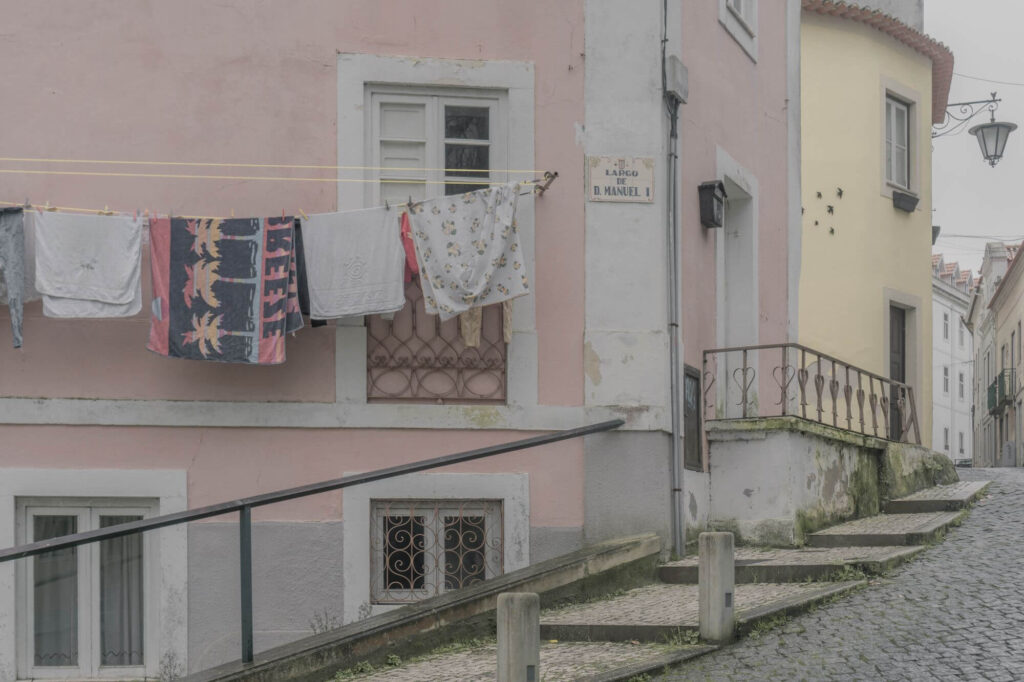
Tim and I heard about the novel coronavirus in January of 2020. We were in Taiwan at the time, at the beginning of a typical six-month stint working remotely abroad for our Canadian-based jobs. It’s something we’d been doing for a few years, primarily to miss some of the worst of the Canadian winter. Since it was recently below -40°C with the windchill for a solid week straight in the town I grew up in, maybe you’ll understand why. (Oddly enough, -40°C is also -40°F. Don’t ask me about the equation.) Taiwan would be followed by the Philippines, which would be followed by New Zealand (where Tim is from). In theory.
Taiwan is very closely tied to China when it comes to the movement of people and goods. The island had also been hit hard by SARS in the past and developed a Central Epidemic Command Center to plan for and manage future outbreaks. The Taiwanese government responded immediately and decisively to the emerging pandemic, with measures ranging from the ramped-up production and rationing of face masks, to the early ban of all flights from Wuhan, to comprehensive quarantine systems. By the time the World Health Organization declared COVID-19 a pandemic on March 11, 2020, we’d seen that Taiwan had the situation far more under control than many other countries in the world.
No matter where you were at the time, that week or two in the middle of March was likely a very trying time. We were no exception. As panic swept the globe, we had a lot of decisions to make. Return to Canada like the government – and everyone else – seemed to be telling us to? But … we had nowhere to live, our finances were counting on the lower cost of living in Asia, and seasonal depression (on my part) meant that returning to Canada was not necessarily a straightforward decision. Meanwhile, our Taiwanese visa expiration was fast approaching and plans for the next leg of our journey were quickly crumbling as flights were cancelled and the Philippines began shutting down ferries and entire islands.
In a flurry, we rearranged it all, booked a flight to Indonesia, high-tailed it up the coast to Taipei, booked another flight when our first one was cancelled 12 hours prior to departure, and managed to land in Denpasar on the final day visa-on-arrival tourists were allowed in. I woke up the following morning at 5 a.m. for a work meeting and was instead greeted with an emailed layoff notice, along with 75% of my organization’s workforce. As the uncertainty and panic piled on, the decision to stay in Asia was brought into even greater question. Using my newly found time (being unemployed and all) to read reports of how Indonesia was expected to become the Asian epicentre of coronavirus didn’t help, with dire predictions of a collapsing economy and widespread unrest looming over us.
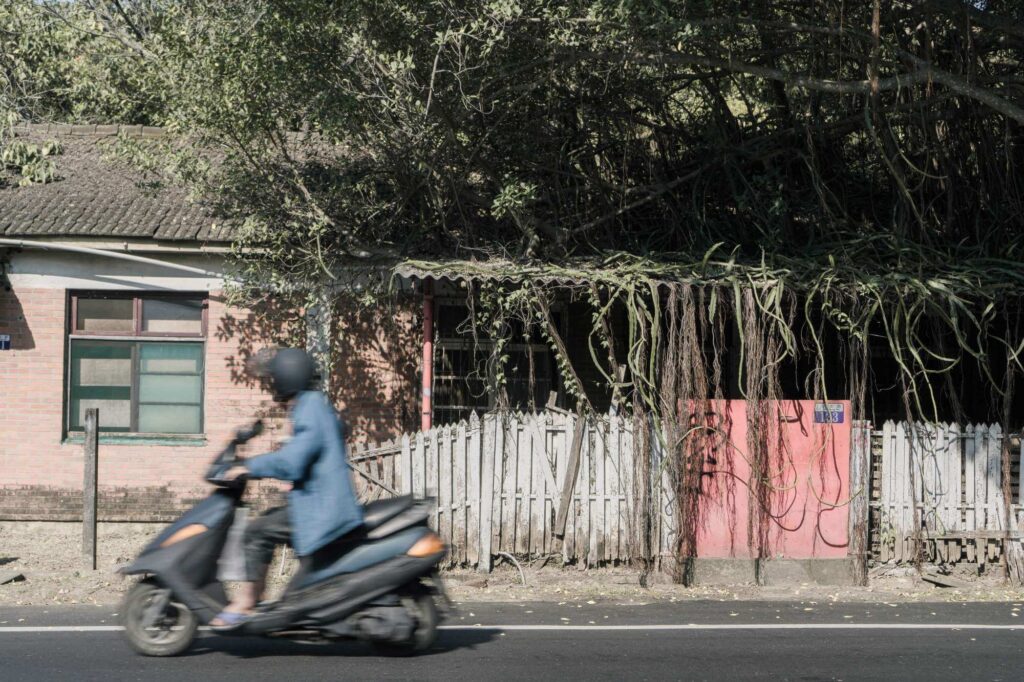
So we really had to decide, as borders continued to slam shut around the world, if we would stay. We were well aware that if we chose to stay for the next week or two, it could mean that we were deciding to stay for months. There was a very real possibility that flights would stop operating and that getting “home” – or getting anywhere – would not be possible. We were in a foreign country whose culture we didn’t know and language we didn’t speak. We wanted a crystal ball, as I’m sure everyone did, during that time. What was the right decision? How could we know? If we decided to stay, and it turned out badly – what idiots we would have been for staying. But did uncertainty mean that we should leave? On and on we went, in circles.
Finally, we decided to stay. For a month. For now. And then another month. And then another. It always remained possible, while we were in Bali, to leave. A flight or two continued to operate to Canada, through Japan or South Korea, the entire time. I received weekly email updates from the Canadian consulate in Jakarta, constantly reminding us to have a 14-day food supply and that travel could be disrupted at any time. As time went on, we became pretty comfortable with our temporary life on this beautiful island. As much as we could, we supported small businesses that were decimated by the pandemic; in Bali, around 80% of the economy is tied to tourism. Tim surfed waves he will never see that empty again. We fostered a puppy. Eventually, for a number of reasons, we returned to Canada in July after three and a half months on the island.
Of course, the fact that we were abroad in the first place and had the flexibility and means to decide whether or not to stay or go is indicative of the privilege that my husband and I both hold. Everything from our race to our passports to our financial situation meant that we managed to ride out the pandemic in exceptional comfort while others struggled beyond measure as they faced hunger, faced violence, faced sickness. Faced death. We know that those hit hardest by this pandemic – whether we’re talking on a global or local scale – are our most vulnerable communities who don’t have the privilege to simply decide and then act upon whatever the best course of action for them, individually, is.
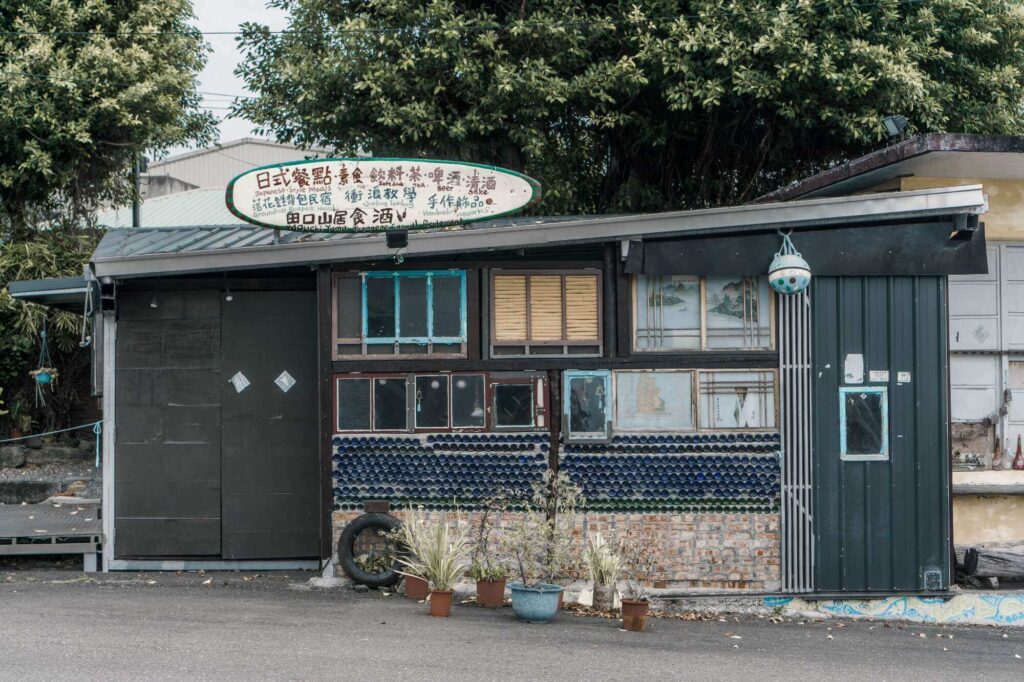
We quarantined upon our arrival in Canada in a beautiful cottage by the water, a dormant AirBnB owned by family of family. Again, it felt like this was simply too lucky. This was too nice. As Tim paced circles around the place – he’s neither accustomed to nor good at being sedentary – we tried to sort out what was coming next.
Back in January, we’d sketched out the plan to spend the next remote stint in Portugal. Now, we didn’t know where any of that stood. I was still on a temporary lay-off from work, with no real indication of it would become permanent or not. Either way, our entire team was working remotely and the event we run was now online, so there was no need to be physically back in Banff, where we would normally spend six months. There seemed to be no reason not to go, so we decided to carry on with the plans for Portugal and started getting our visas in order.
It might sound like we possess inflated senses of self-importance, to plan to head abroad amid a global pandemic. You could argue that, sure. International travel has been painted with a universally negative brush by some, but I don’t agree with this sweeping condemnation. Just like living our daily lives, there are responsible and irresponsible ways to move about the world right now. We were never planning to go to Portugal and travel around the country or the continent, oblivious to the harm we could cause by moving around. We would take an international flight, negative COVID test in hand, and go live in an apartment there instead of in Canada.
We spent the summer drifting, living in our van. I was recalled to work. We spent more time outside of McDonald’s and Tim Hortons, on Zoom calls in the back of the van. We had plenty of adventures – mountain biking, kayaking. It was a fabulous summer, really, yet tinged with a sense of unease.
On September 23, we received our approved visas for Portugal. We were no longer limited to the typical 90-day tourist visa.
We were in the middle of mountain biking. Tim had just sent a huge jump. I’d been taking a video and noticed a text from my mom. An image of my passport, an image of a Portuguese visa inside. “Visa!” I said, incoherently and without any context. “Visa!” I repeated, too excited to formulate a sentence. We were thrilled, shocked, elated. Adrenaline was coursing. We we were jumping, we were all jumping.
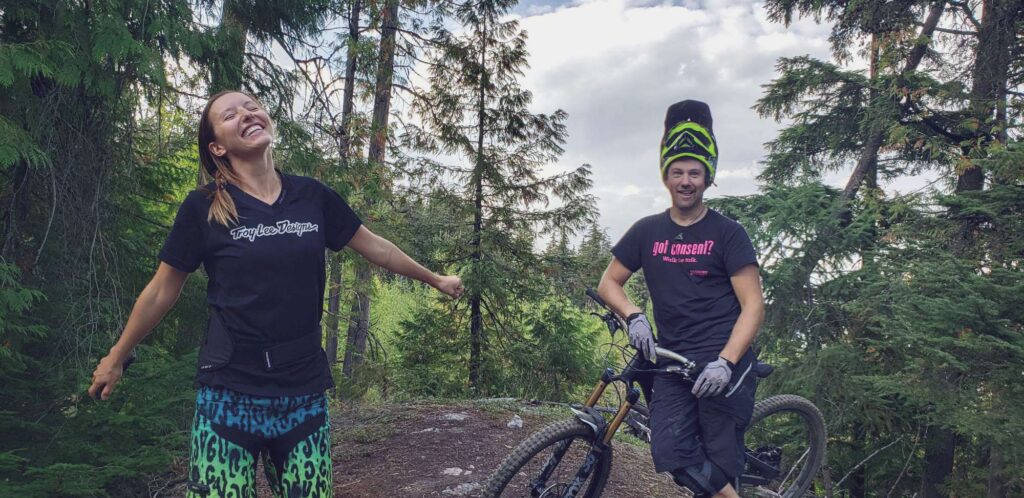
We planned to leave in about a month.
That was a Wednesday. By Monday, it became clear things would not proceed as planned. It had come to light over the last few days that if I left the country I would not be able to keep my job. When I write this now, it doesn’t sound earth-shattering. But at the time, it felt like it was. I loved my job. I’d fought to get it, and I was excellent at it. I would have stayed for years. But now, the only way to stay was to stay.
Seasonal depression was at the root of why we had created lives that allowed us to leave Canada for much of the winter for the last few years, and it had become clear how much this improved our lives. Beyond the drastic health benefits, both of us had also fallen in love with working remotely and become huge advocates for the freedom, productivity, and self-determination associated with it. Not to mention that my job security, even if I stayed, was tenuous at best – working, as I did, to produce a large festival for non-profit organization. It wasn’t a real option, in the end, for me to stay in the country. I would fight, for weeks, for a different outcome. I would not succeed.
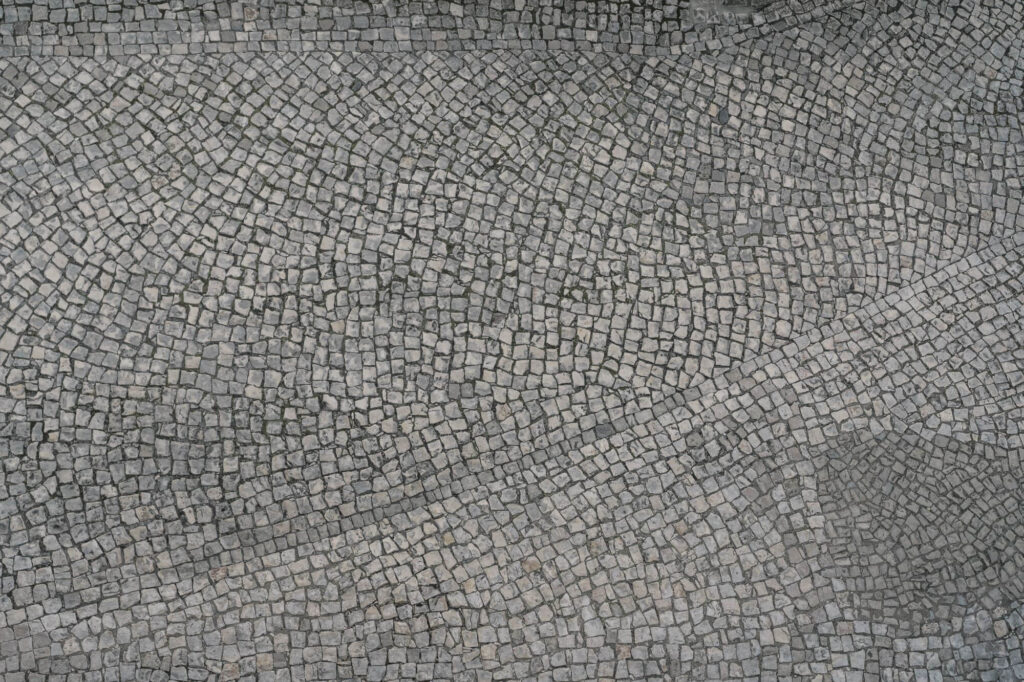
We stayed in the country long enough for me to wrap up work. Our event, now online, finished on a Sunday. My last day of work was Monday. We left Thursday. As there is with travel these days, there were cancelled flights, last-minute changes, urgent COVID tests. We didn’t book a place to stay, uncertain that we would really make it into Portugal. We arrived blurry-eyed, rented a car, and drove towards the coast.
Time passed quickly. Days were full of translating Portuguese, finding places to live and cars to rent, and doing work with clients I’d been fortunate enough to have referred to me as I left my job. I’ve long had a side hustle of one kind or another, and I was excited to grow my client work into something bigger.
As one of the major threads tying us to Canada had now been severed, our perception of what Portugal could become expanded. We no longer had an end date. We’d toyed, previously, with the idea of buying a house here and living in the country half of the time, though there were not quite enough months in the year to pack it all in. Now there were.
I’d spent about a third of the last decade outside of Canada, travelling and living around the world. I always needed to attach an extra page whenever a passport application or government form asked for every address I’d held in the last five or ten years; by my best count, I’ve moved 19 times since high school. And that doesn’t count the times I “moved” into a backpack or van.
It isn’t, as it would be easy to think, that I’m tired of this transient lifestyle and am ready to “settle down,” as they say. We weren’t necessarily looking for a place to live when we fell in love with Portugal. It just so happens that this is a place that we could see ourselves staying for quite some time. That we want to stay. We’d loved having a half-time home in Banff where we have a community, friends, pictures on the wall. Now, we were just swapping Canada for Portugal.
About a week ago, we signed a contract on a house. In a few weeks, all going well, we’ll be moving into our very own home. The first time we’ve owned property together. The first time we’ve lived without some form of flatmate, save for our stints abroad and the months we’ve spent in our van. The first time we’ve had a place we plan to be for a while, where we can and want to make it our own. I never had dreams of picket fences. I still don’t.
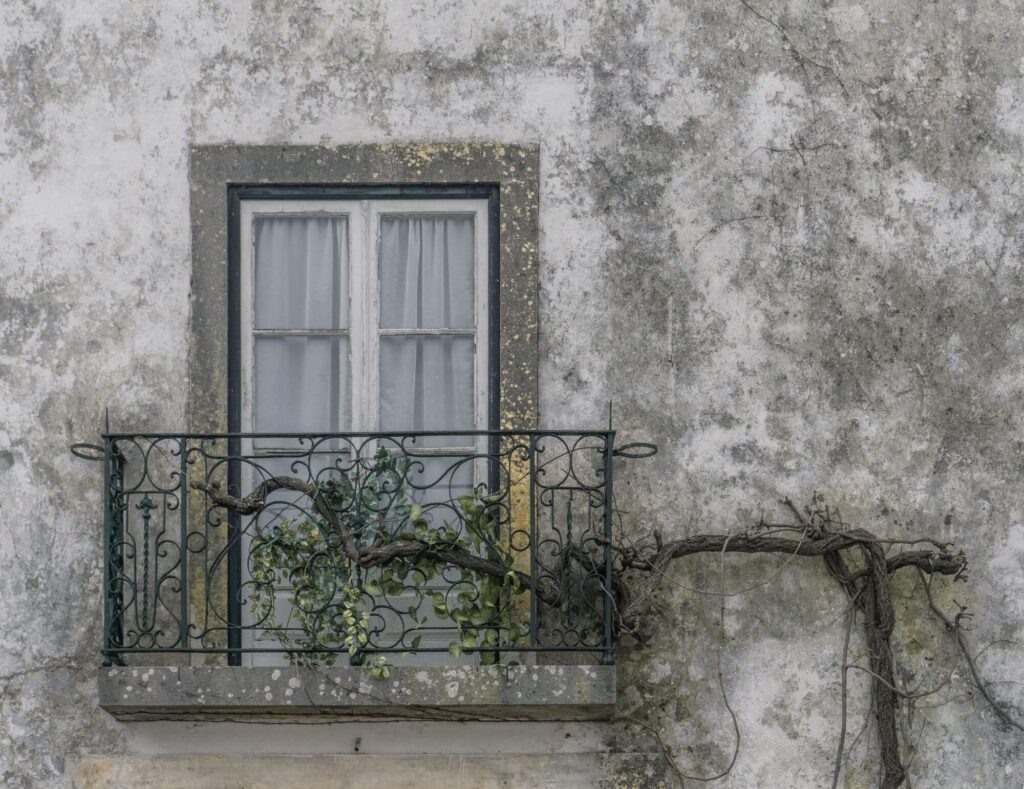
Do you wonder, too, where you’d be if the pandemic hadn’t happened? Did it force change in your life? Or does it feel like quicksand – holding you in place while you struggle to stay afloat?
As we lean towards the hopes of vaccines, we still know there is a long road ahead. I just hope I won’t be writing this, again, in March of 2022.
